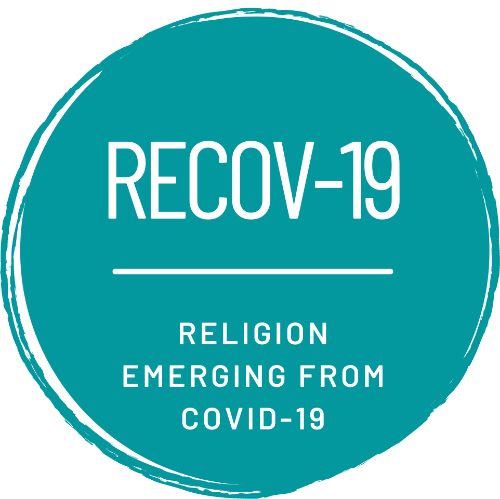About the Project
The role of religion has changed during the COVID-19 pandemic, taking on renewed significance in many societies, including those experiencing secularization. RECOV-19 compares the changing role of religions in four, secularizing, global north contexts: Canada, Germany, the Republic of Ireland/Northern Ireland, and Poland. Since October 2023, there is a fifth context taken into the comparison: The role of religion during the pandemic in Russia and Belarus.
In these contexts, it analyses majority (Christian) and minority (Islam and others) religions’ role in three key areas:
- Constructing discourses around health, illness, and science, including promoting the observance (or not) of lockdown restrictions and public health measures like vaccines
- Lobbying and liaising with governments and policymakers, including how religious groups have contributed to debates emerging from the pandemic, like addressing inequalities and mental health issues
- Incorporating digital innovations like blended online/in-person approaches to religious practices
The three-year project utilizes a mixed-methods approach, including analysis of documents produced by religious groups, analysis of media sources, surveys, and interviews in the case of Canada, Germany, Ireland/Northern Ireland and Poland. The case study of Russia and Belarus focuses on documents of religious organisations and media sources.
It features a multi-disciplinary team with researchers from Queen’s University Belfast, University of Montreal, University of Bremen, and University of Warsaw.
You can learn more about the project by watching the video of our launch in at Queen’s University Belfast on 30 August 2022.
